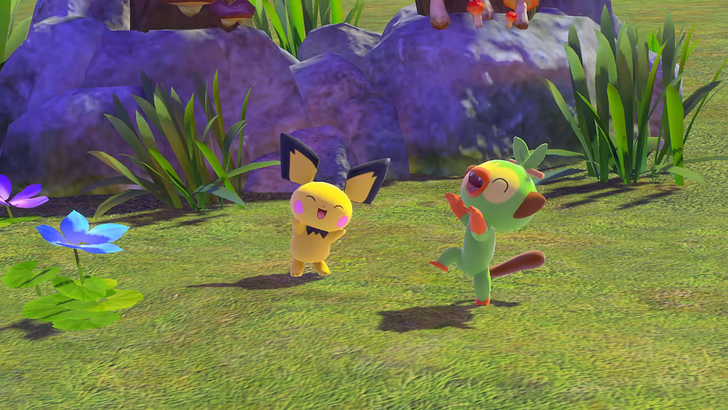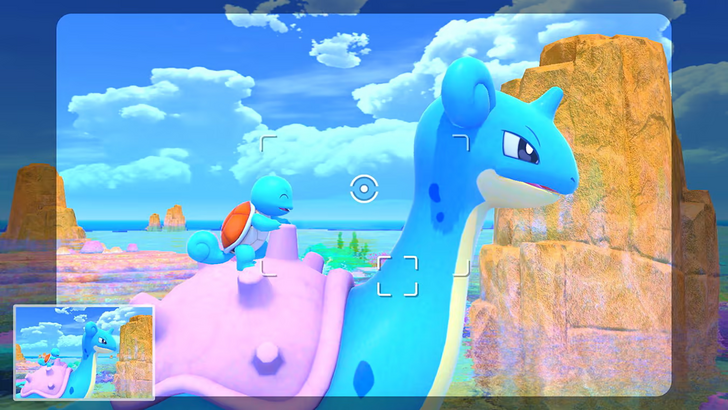
Nintendo makes history in China with the launch of New Pokémon Snap, marking the first official Pokémon game release in the country. This momentous occasion signifies a significant step for Nintendo in a previously inaccessible market.
New Pokémon Snap Launches in China
A Historic Release: Pokémon's Arrival in China

On July 16th, New Pokémon Snap, the first-person photography game released globally on April 30th, 2021, officially launched in China. This is a landmark achievement, as it's the first official Pokémon game release in China since the country's video game console ban was lifted in 2015 (following its initial implementation in 2000). The ban, initially imposed due to concerns about the negative impact of video games on children's development, is now a thing of the past for Pokémon fans in China. This marks a new era for Nintendo and Pokémon in the vast Chinese market.
Nintendo's ambition to expand into China is well-documented. Their 2019 partnership with Tencent to bring the Nintendo Switch to the country paved the way for this release. New Pokémon Snap's launch represents a key milestone in Nintendo's strategy to penetrate one of the world's largest and most lucrative gaming markets. This move is part of a broader strategy, with more high-profile titles planned for release in China in the coming months.
Upcoming Nintendo Releases in China

Following the successful launch of New Pokémon Snap, Nintendo has announced several additional titles coming to China, including:
- Super Mario 3D World + Bowser’s Fury
- Pokémon Let’s Go, Eevee and Pikachu
- The Legend of Zelda: Breath of the Wild
- Immortals Fenyx Rising
- Above Qimen
- Samurai Shodown
These releases demonstrate Nintendo's commitment to establishing a strong presence in China, leveraging its popular franchises and new offerings to capture a significant market share.
Pokémon's Unexpected Chinese Legacy

The surprise among international Pokémon fans about the long-standing console ban in China highlights the unique history of the franchise in the region. Despite the official ban, Pokémon maintained a substantial fanbase in China, with many players accessing the games through unofficial channels, including overseas purchases and counterfeit versions. Smuggling was also a problem, as evidenced by a recent incident in June where a woman was caught smuggling 350 Nintendo Switch games.
One notable attempt to introduce Nintendo hardware to China without direct branding was the iQue Player, a collaboration between Nintendo and iQue released in the early 2000s. This compact Nintendo 64 variant aimed to combat rampant piracy.

A Reddit user aptly noted the impressive global success of Pokémon despite never officially launching in China. Nintendo's recent actions signal a significant shift, bridging the gap between international success and a previously untapped market.
The gradual introduction of Pokémon and other Nintendo titles into China marks a pivotal moment. The enthusiasm surrounding these releases suggests a bright future for gaming in China and beyond, as Nintendo continues to navigate this complex but potentially lucrative market.









